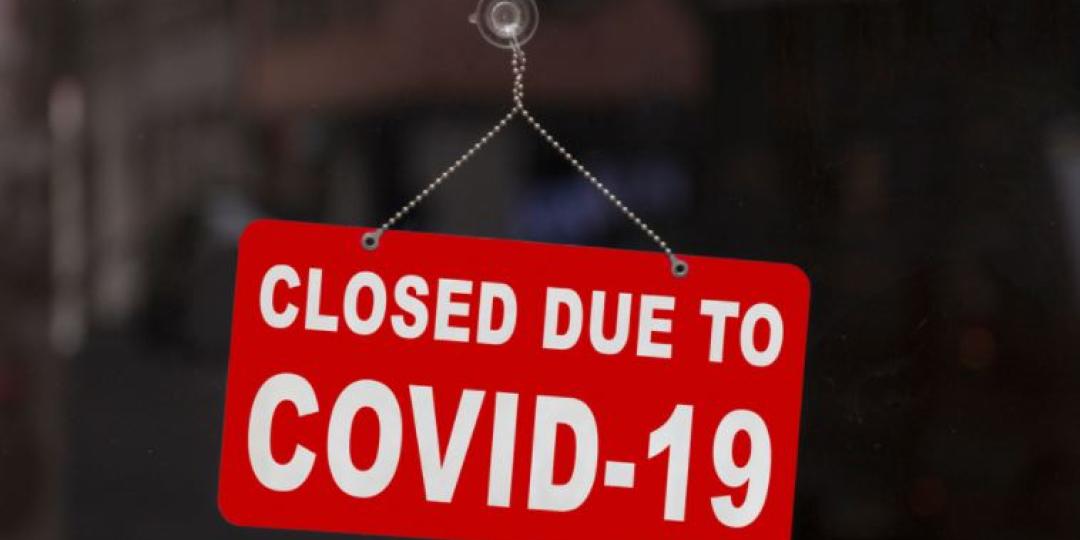Cross-border hauliers have been advised that South Africa’s Kopfontein Border Post into Botswana has been closed “pending decontamination”, according to the Transit Assistance Bureau (Transist).
In a message distributed to its members, the Bureau said the border had closed at 9:30 this morning after an SA Police Service member tested positive for Covid-19.
“The employee’s last day on duty was on Wednesday, 30 June,” Transist added.
At the same time, the Skilpadshek crossing on the Trans-Kalahari Corridor into Botswana remains affected by the shambolic staffing embarrassment that the Department of Health (DoH) seems incapable of resolving.
For weeks now DoH has found itself in a Port Health pickle, lacking sufficient funds to pay for community health workers needed to screen travellers and truck drivers for Covid-19.
DoH recently confirmed that it simply did not have the money to pay for this, and therefore couldn’t renew contracts with the requisite functionaries.
Just before the Kopfontein closure was announced, Transist posted information received from the DoH showing that Skilpadshek, until July 9, would only operate from dawn to dusk.
The 6am-6pm decision is based on the fact that there’s only one Port Health official available for these hours.
EDITORIAL COMMENT: Obtaining insight – if that’s the right word – from DoH about the situation at Skilpadshek, one of the borders most affected by the ongoing Port Health issue, is akin to seeking answers from a tortoise with its head drawn in (metaphor completely intended).
Perhaps we should rather ask South Africa’s Minister of Health, Zweli Mkhize, currently on forced leave because of the Digital Vibes corruption scandal, where all the money has gone – R150 million to be exact.
Maybe the honourable deplorable minister and his pack of ‘beneficiaries’ can kindly ‘reinvest’ in South Africa’s ability to remunerate health officials for the sake of efficient cross-border trade.
Here’s the thing though: the screening performed by Port Health officials can be easily incorporated into immigration services, which is why the question has been raised in certain private-sector circles as to the validity of using the issue as an excuse to curtail the operating hours of a border.
In respect of Botswana, for example, a Covid-negative test result is required, showing that the holder of a polymerase chain reaction (PCR) examination certificate is coronavirus-free.
PCR results, which are valid for 72 hours, have a QR code on the back which can be easily scanned by equipping immigration officials with the necessary means to perform the exact same function that Port Health officials fulfil.
Needless to say, it’s also a labour issue that should be addressed with the necessary sensitivity towards those people who find themselves out of work because money that could’ve been used to pay them for helping to curb the virus, has been stolen.
What a disgrace!
It shows the extent to which criminal self-enrichment of South Africa’s ruling party and its thieving elite affects the country’s ability to perform as an important logistical cog for sustained supply-chain functions across the region.
It furthermore exposes the ineptitude of government departments and how easily they are derailed when extraordinary circumstances ask for extraordinary ability.
Also, the silence is simply deafening from those on the public-sector side of things who get paid to facilitate trade concerns across the region.
The Department of Home Affairs, Cross-Border Road Transport Agency, Border Management Authority – where are you in all of this?
Salary funds dry up and borders close – utterly shameful to say the least.
The lot of you should be sent packing.
Since public sector concerns are too corrupt and useless to operate our borders, especially at a time when disruption is the norm, maybe it’s time to re-examine privatisation of our ports of entry.













